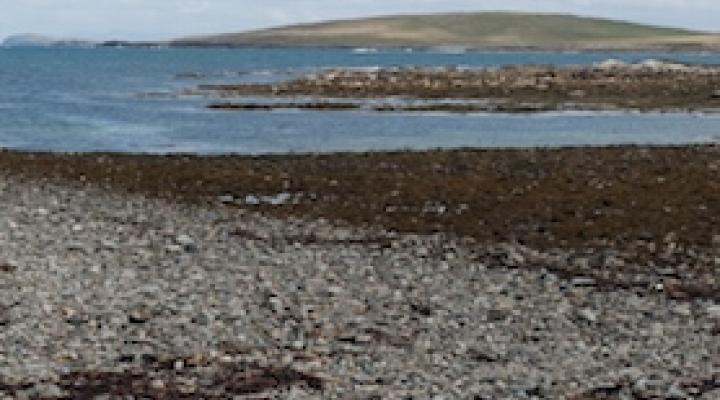

In this article, Hub Zwart discusses the emergence of a cultivated landscape in the Netherlands.
In this essay, Marks Woods and Paul Veatch Moriatry try to answer two philosophical questions in order to develop and enact sensible policies: (1) What exactly makes a species native or exotic, and (2) What values are at stake?
The concept of intrinsic value is shown to be instantiated, and defended against a range of criticisms.
Anna Davies addresses the products of a public participation exercise conducted in Luton, south-east England in order to consider what it is that “silence knows.”
Ned Hettinger argues that exotic species should not be identified as damaging species, species introduced by humans, or species originating from some other geographical location and presents an alternative characterization.
Christopher J. Preston uses studies of the embodied mind to show that rationality is integrally connected to our animal and animate nature and hence not a significant point of departure between human and non-human animals.
This paper offers an ethico-political interpretation of primitivism’s critical relation to modernity in terms of the dialectic between amorality (innocence) and immorality (guilt) within what is characterized as modernity’s “culture of contamination.”
John A. Curtis argues that there may be instances where assessing wildlife for monetary valuation might be quite reasonable and useful for public policy, even when there are strong arguments against valuation of wildlife and nature.
Peter S. Wenz analyses the notion of efficiency and argues that transportation policies that environmentalists favour—substitution of intercity rail and urban mass transit for most automotive forms of transport—are both efficient and just.
Ronan Palmer discusses philosophical aspects of environmental values.